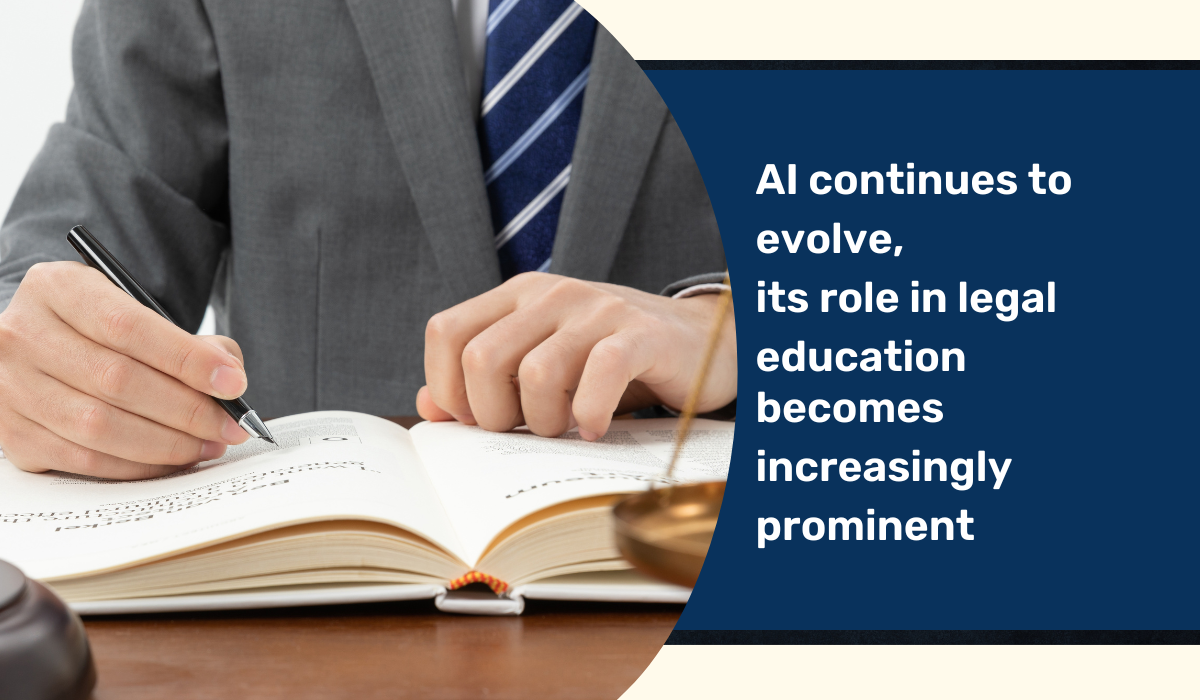
A recent study indicates that artificial intelligence (AI) can significantly accelerate legal writing tasks, with law students experiencing varying levels of improvement based on their academic performance. The study, titled "Lawyering in The Age of Artificial Intelligence," conducted by two University of Minnesota law professors and a law professor at the University of Southern California, sheds light on the nuanced impact of AI on legal education.
According to the study, law students who utilized GPT-4, a substantial language model developed by Microsoft-backed OpenAI, for legal writing tasks were able to complete assignments more efficiently. However, the study notes that the overall quality of the work product did not consistently surpass that of their classmates who did not employ AI technology.
Interestingly, the study reveals that law students with lower grades experienced more significant improvements in their legal writing tasks when using GPT-4 compared to their higher-performing peers. This observation suggests that the benefits of AI in legal writing may vary depending on the user's abilities and the nature of the legal work being performed.
Reuters reported on the study, quoting, "These results suggest that generative AI will almost certainly become a vital tool for many lawyers shortly, comparable to more familiar legal-tech tools like Westlaw, Lexis, and ediscovery software."
The research, available online since Tuesday, recruited 60 law students from the University of Minnesota. Participants underwent extensive training on GPT-4 and were tasked with completing four distinct legal writing assignments, including drafting a complaint, a contract, a section of an employee handbook, and a client memo. Each participant used GPT-4 for two assignments and completed the remaining two without AI assistance. The completed assignments were then graded to evaluate the impact of AI on the students' performance.
The study contributes to the growing body of research examining the integration of AI in legal education. Earlier studies have explored AI's influence on law exam scores, with findings indicating that low-performing law students showed improvement when given access to GPT-4, while high-performing students saw a decline in performance when using the technology. Notably, previous versions of GPT-4 were found to match the exam scores of mediocre law students, and more recent studies suggest the potential for GPT-4 to pass the bar exam.
As AI continues to evolve, its role in legal education becomes increasingly prominent, and the study underscores the complex dynamics between AI technology, academic performance, and legal writing proficiency.